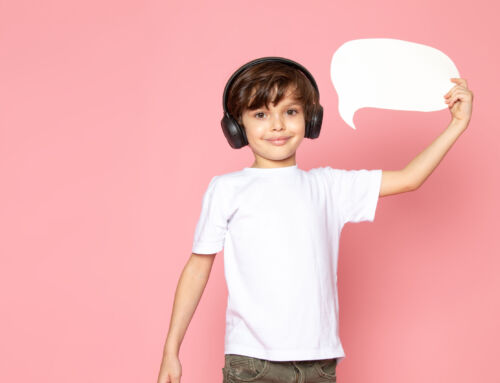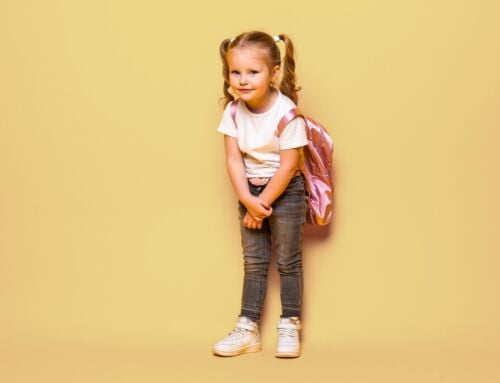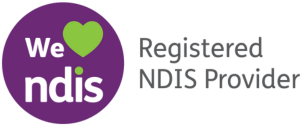When we think of school, we often focus on academics – like counting to 10, knowing the alphabet, and spelling words. While these are important components, there are underlying skills that children need to develop to ensure they are ready to engage in activities like counting, sitting and focusing, or playing with others.
The term “school readiness” refers to whether your child is prepared to make a smooth and successful transition to primary school. As clinicians we are frequently asked questions like, “How do I know if my child is ready?” or “How can I support my child’s transition to school?”
Below we outline key skills that contribute to school readiness from an Occupational Therapy and Speech Pathology perspective.
Gross Motor Skills
Gross motor skills involve whole-body movements and the use of larger muscle groups for tasks like standing, walking, running, jumping, sitting upright, and catching a ball. These skills are important for school activities, such as sitting upright at a desk or on the floor, playing ball with friends, or navigating stairs.
Key Gross Motor Skills for Ages 4-5 Years:
- Walking and running confidently; walking up stairs independently.
- Climbing playground equipment with confidence.
- Catching a medium-sized ball (or preferably a tennis ball) in their hands, not against their chest.
- Sitting cross-legged on the floor for about 10 minutes with hands free for activities.
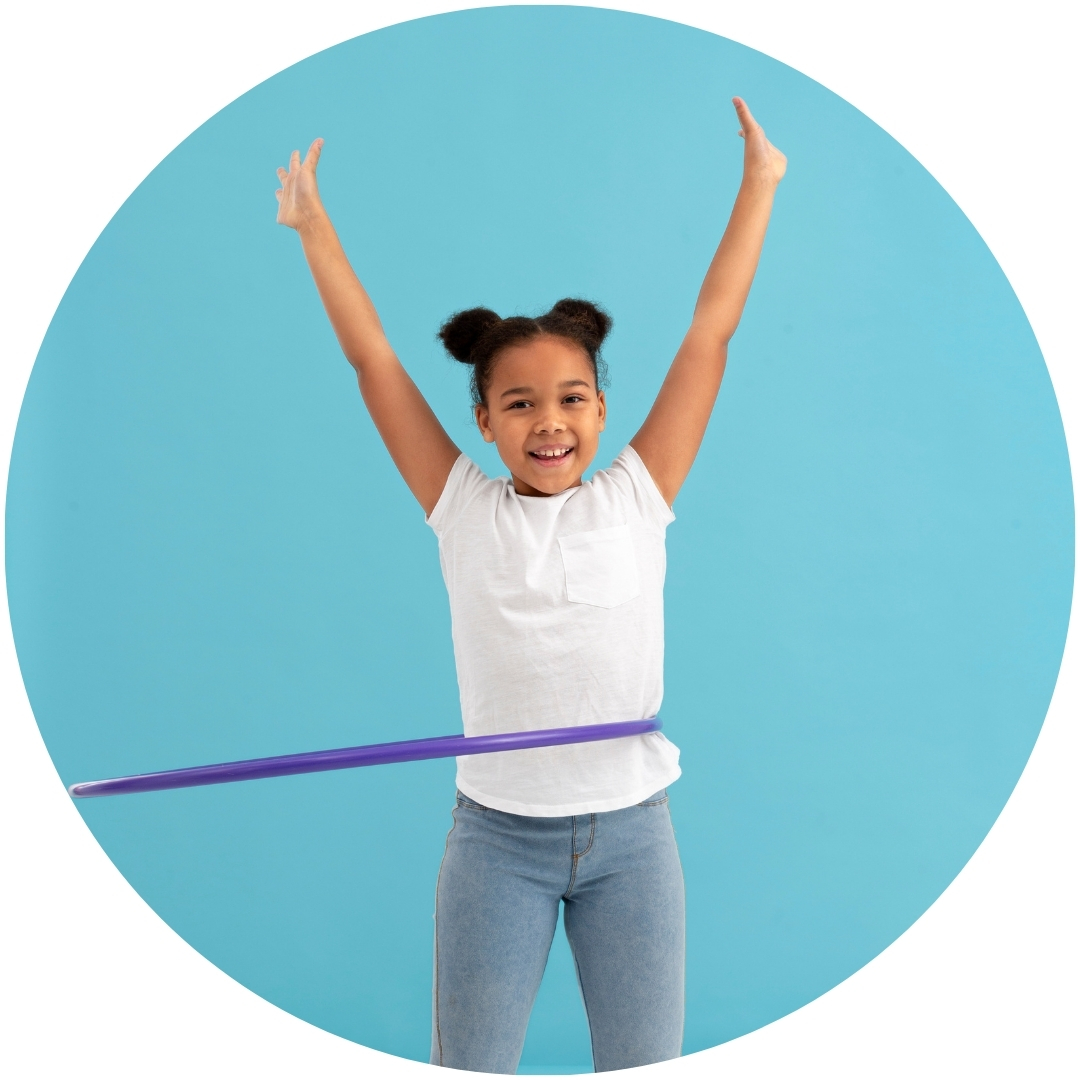
Fine Motor Skills
Fine motor skills involve the smaller muscles, primarily in the hands, to produce small or ‘fine’ movements. These movements allow for tasks like using buttons, zippers, laces, opening lunchboxes, and handling pencils or scissors. These skills also require strength, motor planning, and coordination to control the 30+ muscles in the hand effectively.
Key Fine Motor Skills for Ages 4-5 Years:
- Established hand dominance.
- A well-developed pincer grasp (holding small items, such as beads, between two fingers).
- Comfortably holding a pencil or crayon using the thumb, index, and middle fingers.
- Drawing straight lines, shapes (e.g., squares), and other basic forms.
- Cutting along a line or around a shape with scissors.
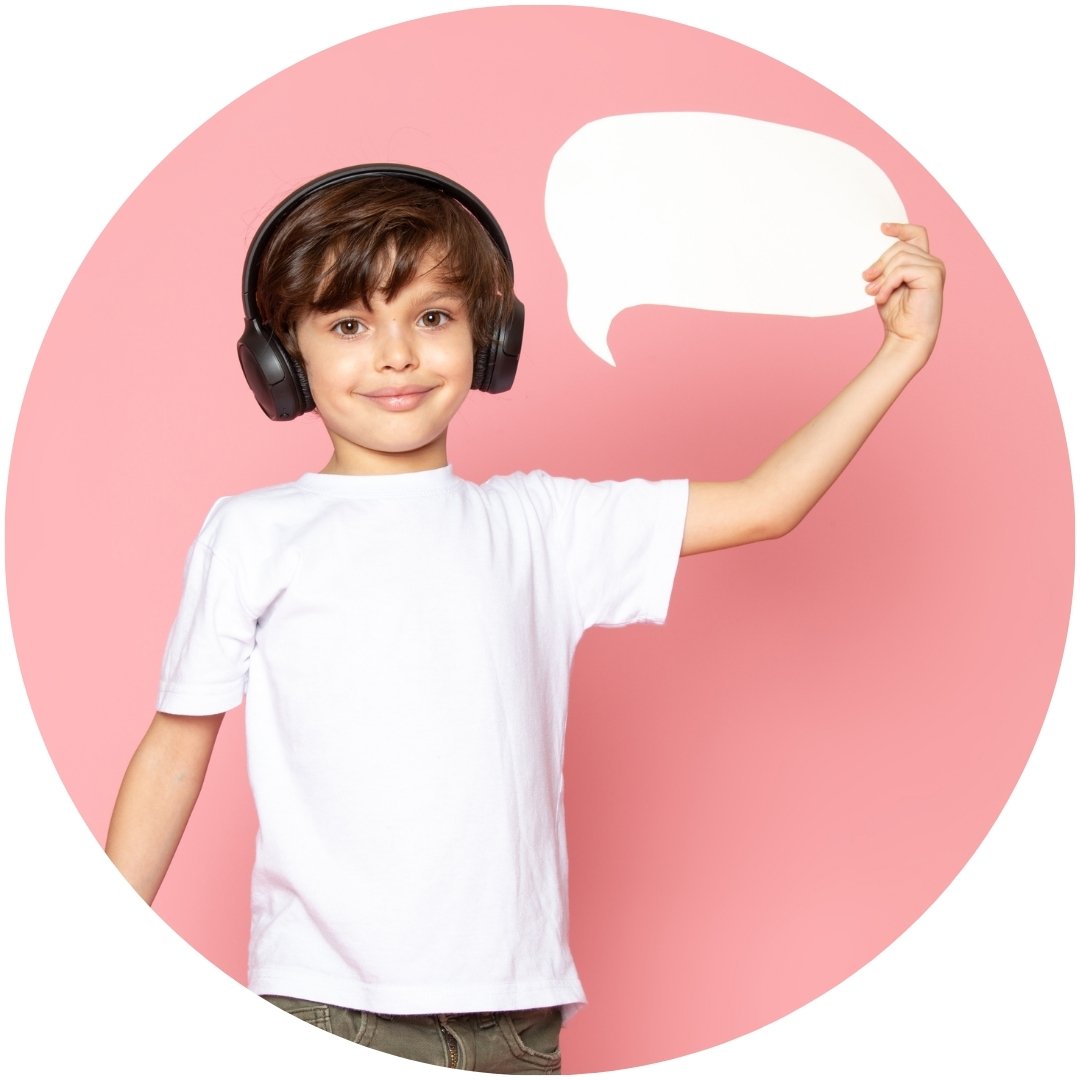
Speech Skills
Speech refers to the sounds we use to form words and sentences. Children learn to produce different sounds at different ages. By school age, children should be intelligible to others (understood 95%–100% of the time) to ensure effective communication of their needs, wants, and ideas.
Key Considerations:
- Can your child clearly express their needs, wants, and ideas?
- Are most sounds produced correctly in isolation?
- Does your child substitute or omit sounds (e.g., “fun” as “done,” or “snail” as “nail”)?
- Does your child repeat sounds, words, or phrases?
Language Skills
Speech and language skills are used in our everyday interactions. They are the skills that enable children to understand others and communicate effectively. The demands on language increase significantly when starting school.
Key Considerations:
- Does your child understand concepts like in, on, above, beside, if, same etc.?
- Can your child follow three-step instructions in the order given?
- Does your child know the correct sequence of events?
- Can your child understand and answer ‘wh’ questions (e.g., who, what, where, why)?
- Can your child form logical sentences to express themselves?
- Are grammatical markers like he/she, regular past tense jumped, present progressive ‘ing’, regular plurals cats used correctly?
- Can your child link sentences with conjunction words like and, because, then?
- Can your child recount simple stories or make requests?
Phonological Awareness & Early Literacy
Phonological awareness is the foundation for a child’s early literacy skills, helping children to decode or sound out, read, and spell words.
Key Considerations:
- Can your child listen to and engage with books or basic stories?
- Can your child construct a basic story sequence with a beginning, middle, and end?
- Does your child understand that words are made up of smaller components (syllables or sounds)?
- Can your child identify rhyming words or distinguish between words with the same/different beginning sounds?
- Can your child recognise their own name?
- Can your child orient a book correctly and read from left to right side?
- Does your child have an interest in reading/written words?
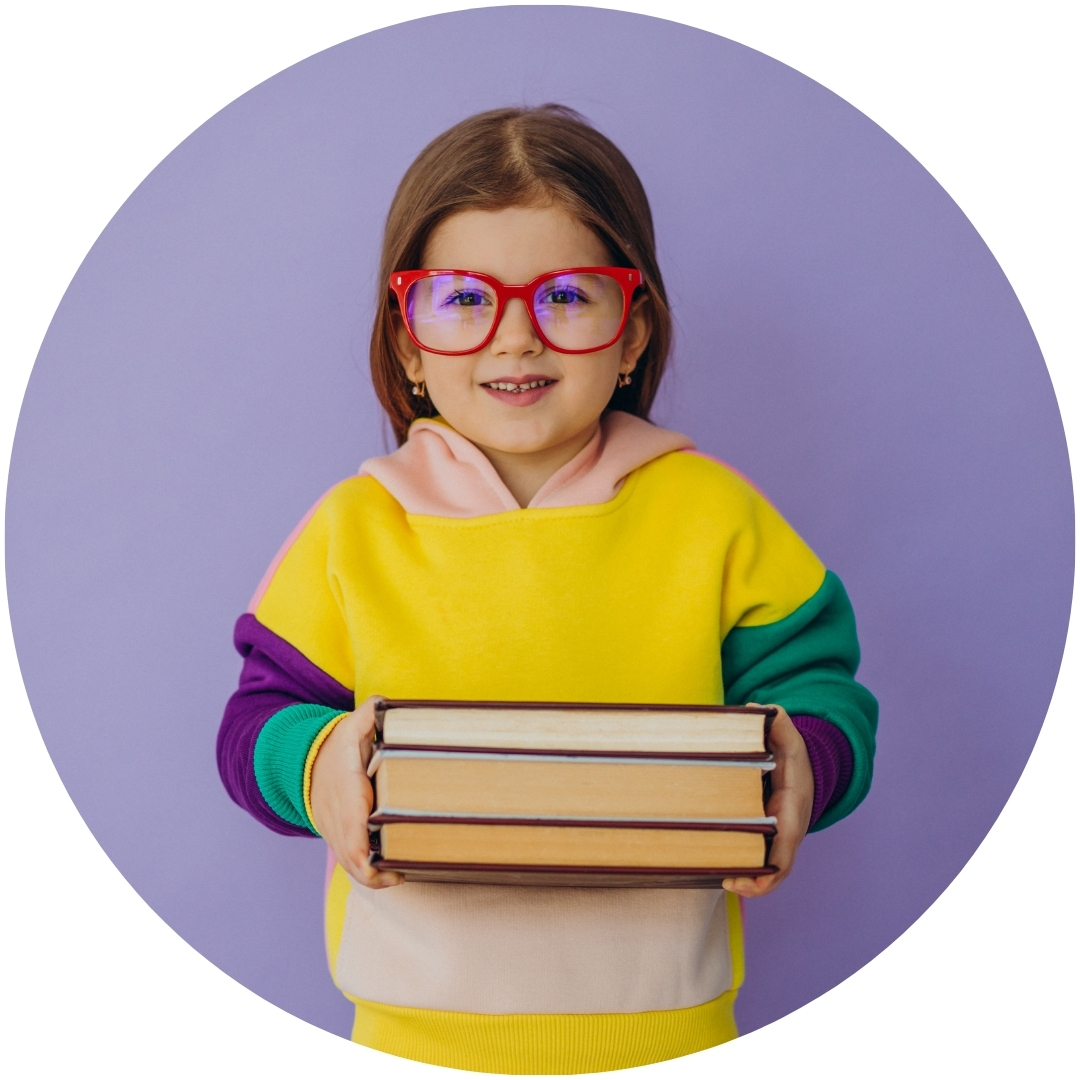
Socio-Emotional Skills
Social and emotional skills are also key skills for children to develop prior to going to school. Social skills refer to a child’s ability to play and interact with peers. Emotional Regulation refers to a child’s ability to adjust, control (with support) their emotions, and manage big feelings. Social and emotional skills may look different for each child depending on their background, experience upbringing and/or any diagnosis.
Key Considerations:
- Can your child listen attentively?
- Can your child play alongside others and take turns without significant meltdowns?
- Is your child able to follow simple game rules?
- Can your child focus on a challenging task (e.g., a puzzle or drawing) independently for a few minutes?
- After an emotional outburst, can your child verbalise what happened once they are calm?
- Can your child introduce themselves, initiate and maintain conversations?
It’s normal for children to experience big emotions. The goal is for them to express feelings safely and for caregivers to help them calm down within 15–20 minutes.
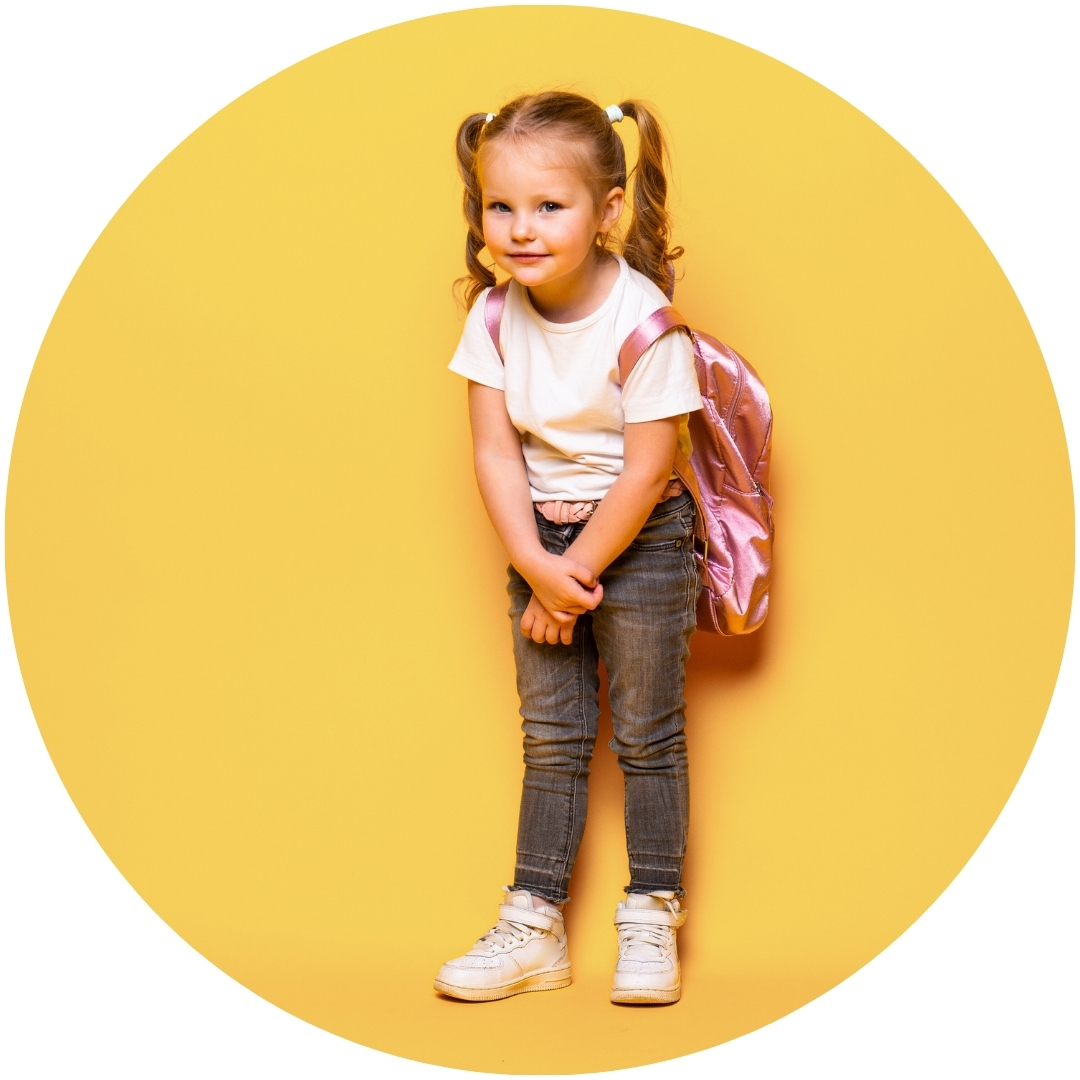
Everyday Independence
Starting school brings new expectations for independence. It is important that your child is developmentally ready for this change, and has developed underlying motor and cognitive skills to be able to do things independently to an age-appropriate level. Each child’s needs may differ, but it is important to consider the amount of support they need to go to school.
Key Considerations:
- Can your child use the bathroom independently, including wiping, managing clothing, and knowing when to go?
- Can your child dress themselves (e.g., putting on socks, shoes, pants, and shirts)?
- Can your child open lunchboxes and containers independently?
- Is your child comfortable carrying and wearing a backpack?
Final Thoughts
While these skills are important for school readiness, every child is unique. School is a place of learning, so it’s okay if your child is still developing some of these abilities.
If you have concerns about your child’s readiness, consider consulting an Occupational Therapist or Speech Pathologist. Early intervention can make a significant difference in helping children achieve their individual goals.
Workshops
Is your little one starting Kindy/Prep or Year 1 soon? Help them get ready for this exciting milestone with Beam’s Little Learners workshop!
Little Learners is a Speech and Occupational Therapy group designed to support children starting Kindy/Prep or moving into Year 1. The small group sessions target a variety of classroom skills to help kids build on their existing skills or transition into a school environment with confidence.
For more information or to register your interest click the Workshops button below!
Further Reading
NSW Education: Transition to School




